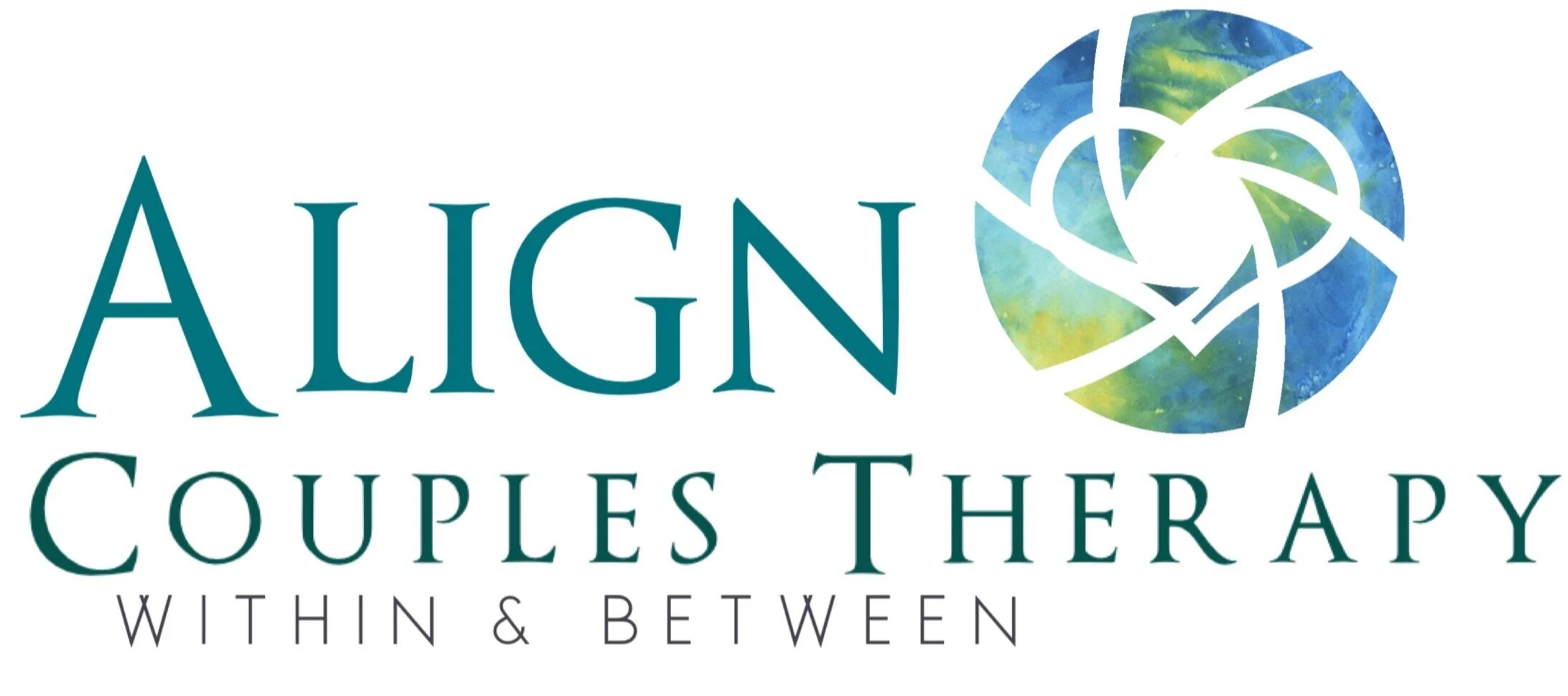Spring Renewal
/This week marks an unwelcome anniversary and may be making you feel stuck, anxious, depressed, unmotivated, and frustrated. These difficult feelings are complicated by 2021’s difficult start, which may have intensified anxiety, isolation, frustration, and feelings of disconnection.
Most of us felt ready to say goodbye to the chaos of 2020 and usher in a year of new beginnings, but we have found that we continue to be bombarded with challenges ranging from the slow rollout for the COVID-19 vaccines, social-political division, financial difficulties, and the recent winter storms.
But, spring is around the corner; it’s an opportunity for us to move out of the darkness, frustration, and uncertainty of the last year. During these next few weeks, all of us can begin to prepare for a new season with less anxiety, sadness, and frustration by focusing on renewing ourselves and our relationships with others. Like our gardens, we need pruning to experience growth and to create new, more meaningful connections with others.
Here are some simple ways to begin working through the complex emotions of the past year and begin experiencing new possibilities:
Engage in deep diaphragmatic breathing. Ideally, you want to breathe in for at least four counts and exhale for four counts feeling your belly expand and contract because this helps lower heart rate and blood pressure, which helps the body relax. This may reduce physical sensations associated with anxiety.
Begin a mindfulness practice focusing on being present in the moment and noticing thoughts and feelings that pass through without judgment. This may mean taking a few moments each day to concentrate on breathing or using a mediation app; one of my favorites is Insight Timer. Recent studies suggest that mindfulness practices have similar psychological benefits as exercise.
Move more often. Many studies have found that an hour of exercise each week (not all at once) reduces reports of anxiety and depression. The effectiveness of exercise is complemented by outdoor activity, and as the days get longer, it should be easier to sneak in some outside time.
Create an evening routine that will support getting a good night’s sleep. Some common recommendations include reducing electronic usage 60-90 minutes before your desired bedtime, use blackout blinds, and keep your bedroom below 70 degrees.
Work on reducing processed foods and increasing fruit and vegetable intake. Also incorporate high quality proteins as this reduces the inflammatory response in the body which supports brain-body wellness. Dr. Leslie Korn has a great book on eating well for improved physical and mental wellness called Eat Right Feel Right.
Reach out to friends and family. Reconnect through meaningful conversation and activity as much as possible given physical-distancing guidelines. Trying open-ended questions like those found in the Gottman Card Deck app. Although not all questions or topics are appropriate for non-romantic relationships, many are including: “what do you need in a friend right now?” or “what do you find adventurous?” Taking the time to have meaningful conversations and reconnect has been found to help reduce feelings of loneliness, sadness, anxiety, worry, and frustration because, as humans, we are hardwired to connect to others.
Reach out to a mental health professional. Recently, one of my children asked me why so many people wait to pursue counseling until their problems feel completely overwhelming and uncontrollable, but we go to the doctor for physicals and preventative care? You don’t have to be in crisis to need help and counseling can allow us to learn more about ourselves, act as preventative maintenance, help us have more meaningful relationships, and so much more.
If you feel ready to begin to process your new beginnings, please reach out! We would love to walk with you to resolve uncomfortable emotions, work on rediscovering yourself and new opportunities, improve your relationships, or develop habits of holistic wellness. Give us a call or send us an email today!
References:
Dekker, J., Buurman, B. M., & van der Leeden, M. (2019). Exercise in people with comorbidity or multimorbidity. Health Psychology, 38(9), 822–830. https://doi.org/10.1037/hea0000750
Beyer, K. M. M., Szabo, A., Hoormann, K., & Stolley, M. (2018). Time spent outdoors, activity levels, and chronic disease among American adults. Journal of Behavioral Medicine, 41(4), 494-503. doi:http://dx.doi.org.library.capella.edu/10.1007/s10865-018-9911-1
Goldstein, E., Topitzes, J., Brown, R. L., & Barrett, B. (2020). Mediational pathways of meditation and exercise on mental health and perceived stress: A randomized controlled trial. Journal of Health Psychology, 25(12), 1816–1830. https://doi.org/10.1177/1359105318772608



